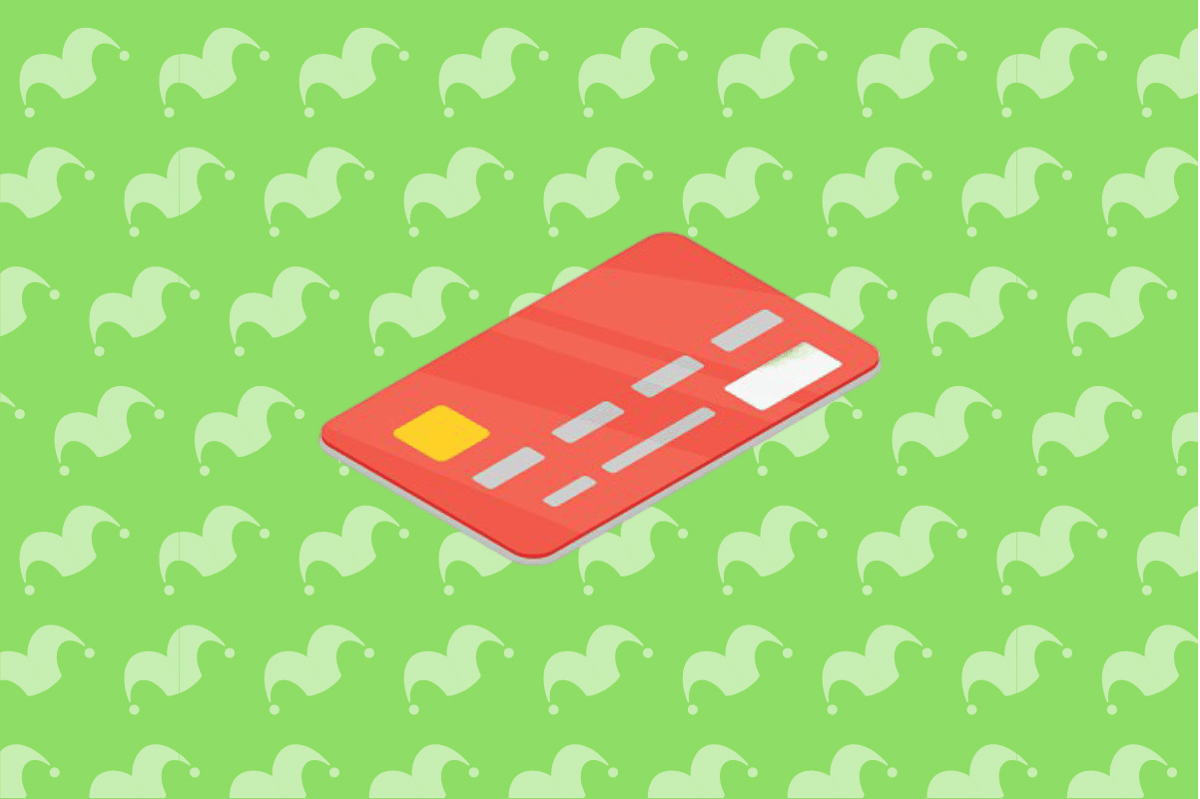Considering Your Options: Balance Transfer vs. Fixed-Rate Loan for Credit Card Debt Consolidation

Why a Balance Transfer May Not Work for You
A balance transfer usually allows you to enjoy a limited period of time of no interest accruing on your debt. However, once that introductory period ends, the interest rate on your balance may skyrocket. Additionally, costly fees, limits on balance transfers, and potential inability to consolidate all debt may make it a less ideal option.
A Fixed-Rate Loan May Be a Better Bet
Considering a fixed-rate loan, like a home equity or personal loan, as an alternative can provide more time to tackle your debt with a stable interest rate. While forgoing a 0% introductory period, a fixed loan with longer terms can offer more flexibility in debt repayment.
This article was prepared using information from open sources in accordance with the principles of Ethical Policy. The editorial team is not responsible for absolute accuracy, as it relies on data from the sources referenced.